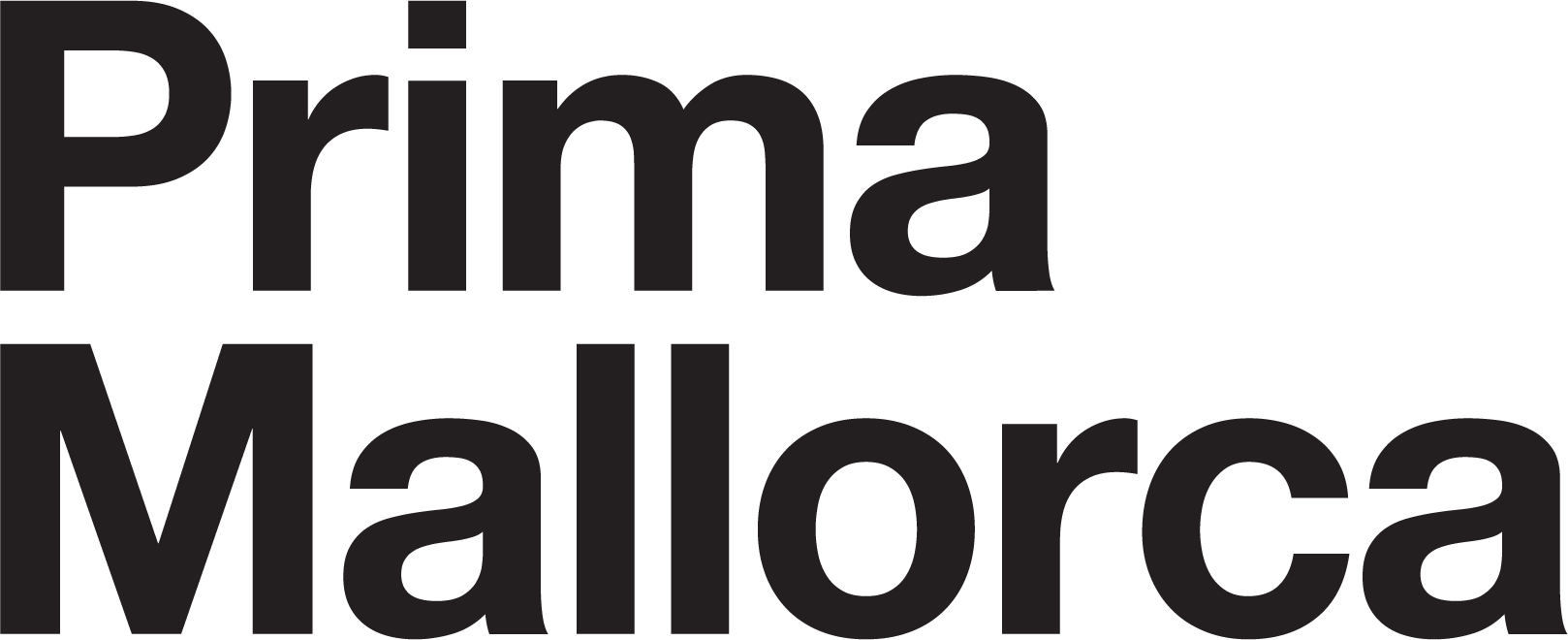For many years now I have been working as a freelance film maker. It is a free choice. I was employed only once, for a few months – I quickly realised that this was not my way of life, and I quit the job.
Almost all of my friends are freelancers. Some years ago, one of the very few friends who was not self-employed was forced out of the job she had held for many years, and became unemployed. She was frightened. She tried everything to find a new job. For a long time her efforts were in vain. She had numerous job interviews and trainings, but none of it ended up in permanent employment. At that time she became ever more timid, got ill frequently, and her already damaged self-esteem was further degraded. I wished that I could help her. Just how?
At that time I read a short newspaper article about the project “Prima Mallorca”. I was immediately fascinated by the project. After a little research I decided to do a documentary about the project. Suddenly I was right in the middle of it, with the participants of the project in Mallorca. I learned that shooting a film about, and with, long-term unemployed people poses many special challenges. I often felt more like a social worker than a film maker, and it took a lot of patience to get anywhere with the shooting.
The shooting and personal exchanges I shared with my protagonists were fascinating and unforgettable. I admire the openness and clarity they showed when talking about their lives, and I am very grateful that they opened their hearts to me.
I had many questions from my research, that I had only thought about from a theoretical point of view. Throughout shooting these were answered with real experience: What does long-term unemployment do to people? What with their self-esteem? What use do they make of the free time they have because they are unemployed? Do they feel accepted or excluded by society? Do they get sick from not having a job? How much do people define themselves by the work they do or the lack of work?
Work, and debates about work, are ubiquitous in our society. Unemployed people are not, because for various reasons they often withdraw from public life. They do not want to be in the limelight. They feel stigmatised by having to live on welfare.
This does not come as a surprise. The three most popular questions at various social occasions, for example at parties, are: What is your name? What is your profession? How old are you? Understandably one gets tired of answering these questions because each time one feels powerless.
The project “Prima Mallorca” aims at getting precisely these long-term unemployed people out of their downward spiral, and offers them a spring board to a different life where they can become an active part of society. It is very important to offer them a change of environment: out of (in this case) the province of Mecklenburg-Vorpommern in North-Eastern Germany, where they hang around with the same mates every night and follow the same distractions every day… and into the new routine of an internship, far from home.
The project offers every participant a unique chance to escape their domestic routine, and explore a newly structured workday life in Mallorca. The film follows the participants on this journey that can change their lives.
We continued shooting for up to three years after the internships. It was important for us to see the extent to which the project changed the participants’ lives in the long run – and where it failed to do so.
About Nana Rebhan
Nana Rebhan studied Film and Theater Studies at Freie Universität Berlin and at the Deutschen Film- und Fernsehakademie Berlin (DFFB).
Her film “Welcome Goodbye” (2014), a documentary about tourism and gentrification in Berlin, toured across Berlin’s cinemas and is published on DVD and VoD (at the Berlin-based label RealEyz). The director and her film were invited to numerous events in Universities, and to panel discussions on gentrification and tourism. The film was also presented at Jeju Biennale, Korea.
Rebhan’s feature documentary debut “Berlin: Hasenheide” (2010) has been screened for many months at Moviemento and other cinemas in Berlin, and is available on VoD at RealEyz. The film’s DVD publication is sold out.
For the present film, “Prima Mallorca“, Nana Rebhan took her time, because it was important to her to find out what has become of her protagonists. Some of the epilogue was shot three years after the main shooting, in Mecklenburg-Vorpommern and in Mallorca.
Her next project is “Made in Cambodia”, a portrait of a German expat in Cambodia, who completely re-invents himself abroad.
